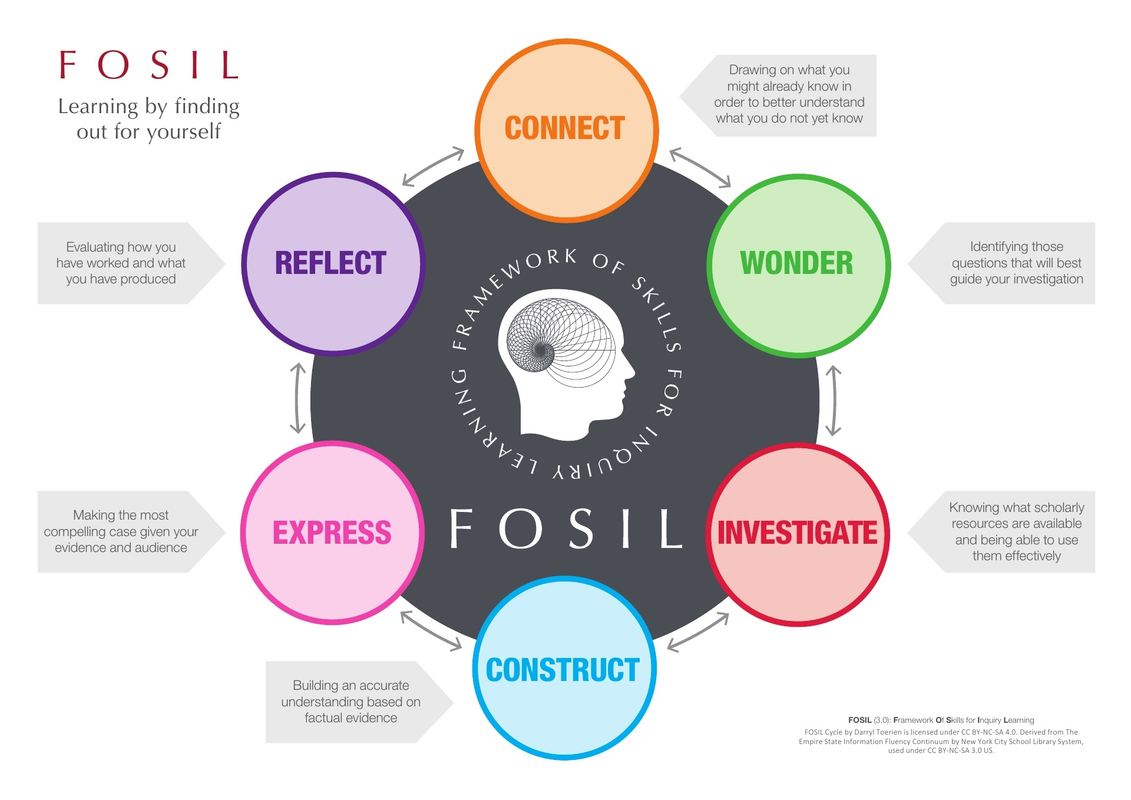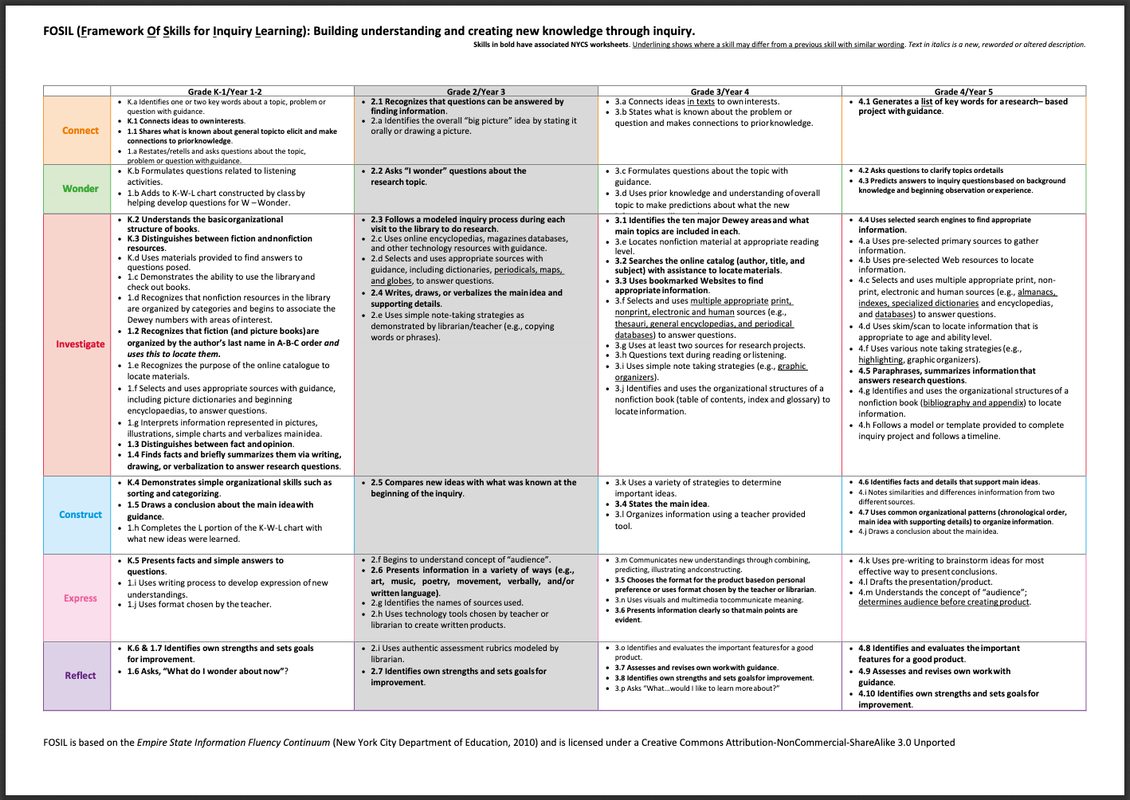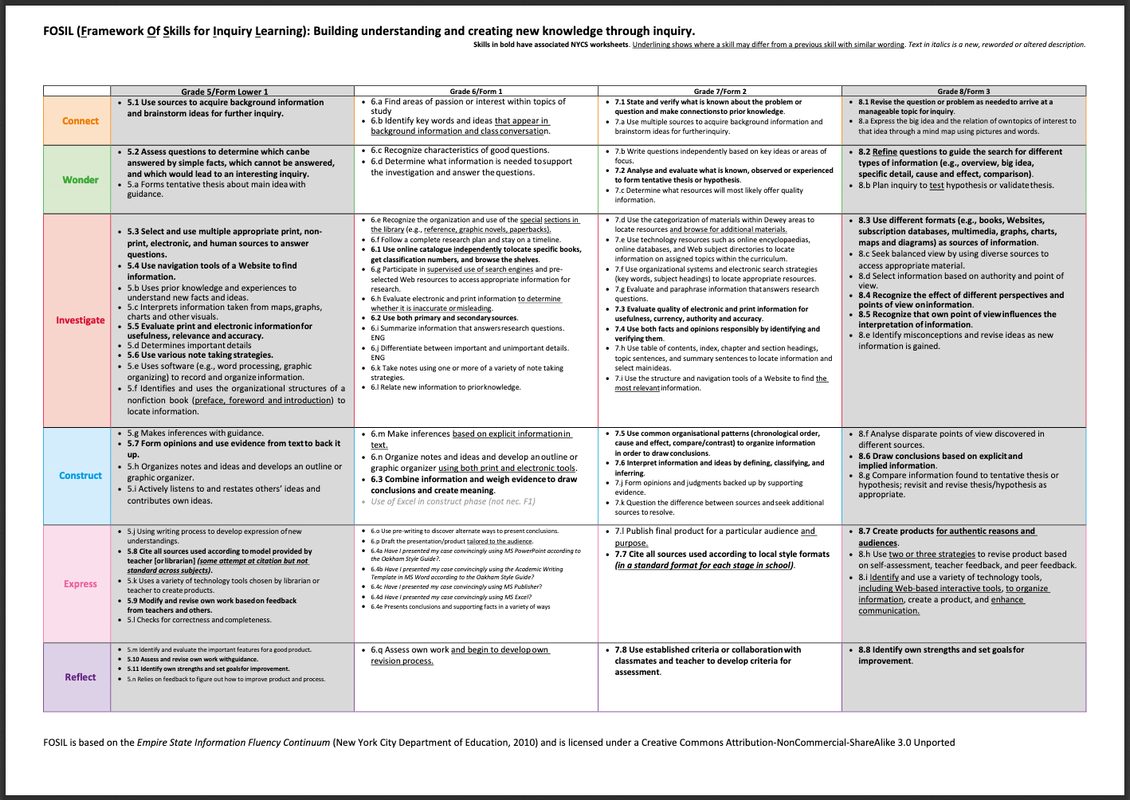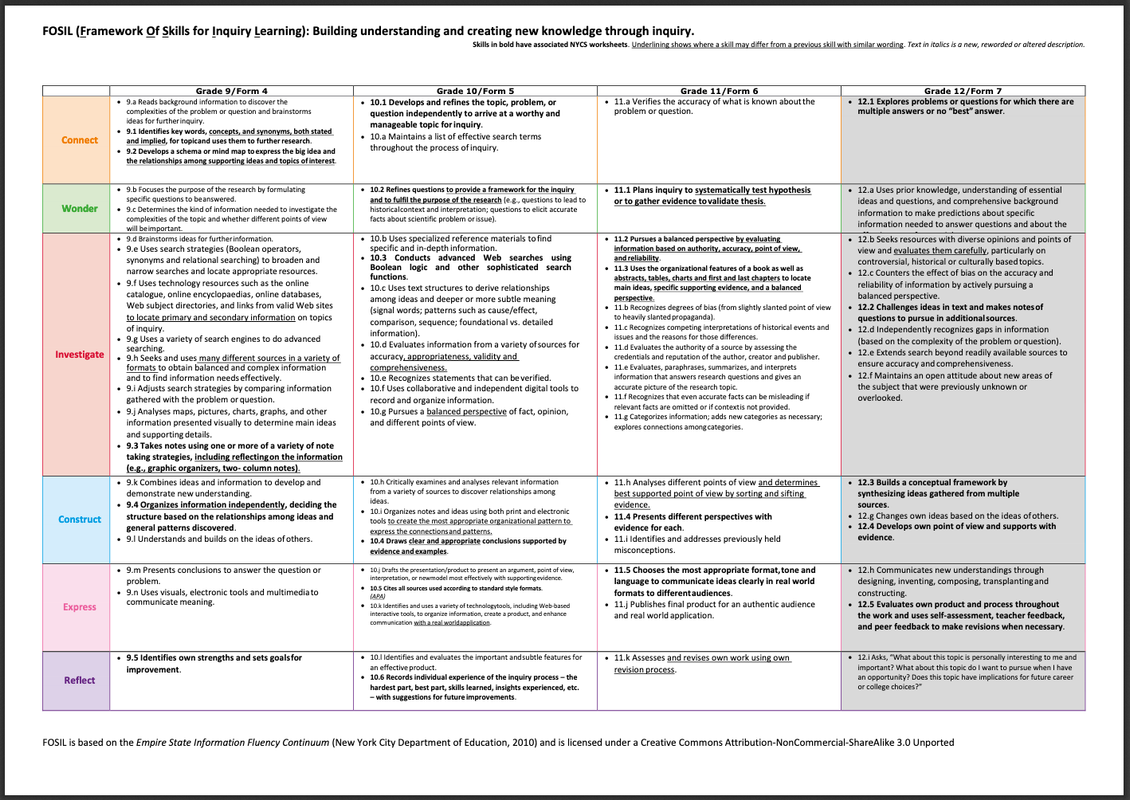Reply To: Reading for Inquiry Learning
Home › Forums › The nature of inquiry and information literacy › Reading for Inquiry Learning › Reply To: Reading for Inquiry Learning
So much has happened in 2 months, including the already-postponed SLG National Conference being postponed until 2021.
Unfortunately Disrupted Thinking: Why How We Read Matters is in lockdown, but I have Reading Nonfiction. In it Beers & Probst share the following haunting bit of a lesson they heard from a teacher (pp. 5-6):
This teacher, burdened by constraints he felt from his district, had set aside what he told us were best practices to instead use “test practices that I know will show the administration I did all I could to get kids ready for the almighty test.” So, his lesson on a topic (any topic will do) basically followed this pattern:
- Show students an interest-building clip on the topic from the web.
- Tell kids what they need to know about the topic. They take notes.
- Have some discussion on the topic.
- Give kids a test on the topic.
Show. Tell. Discuss. Do you notice what is missing? Where’s the reading kids do to learn about the topic? When we asked the teacher that question, he pointed out that when he begins his series of lectures about the topic (lectures lasting from one day to several weeks), he often has short articles from the web up on the whiteboard for all to read. We asked him if that was enough reading to help students become savvy readers of nonfiction. He stared at us for a moment and then responded that “the textbook is worthless, and frankly I don’t have time for kids to read in class. And they don’t want to read. They don’t care about the topics we discuss, so if I gave them something to read, if they did anything it would be just a surface-level reading.” We asked if he assigned reading for home. “Are you kidding?” he replied. “They wouldn’t do it.” Then he asked us, “So, if you were trying to get kids into reading some nonfiction, how would you do it?“
Beers & Probst then go on to write a book about this. However, their context is, arguably, different. So, if you were trying to get kids into reading some nonfiction, how would you do it, given that I’m guessing many teachers here would consider themselves to be in a similar situation to the teacher Beers & Probst describe?
From my perspective as a school librarian, who was once a classroom teacher, reading is fundamental to the student’s “information-to-knowledge journey”, which, in turn, is fundamental to the definition of the school library (IFLA School Library Guidelines, p. 16). From the perspective of FOSIL as a model of the inquiry process (see below), reading is fundamental to Connect (establishing what you know, or think you know), Investigate (finding reliable information) and Construct (making sense of that information in order to build on what you know). From the perspective of FOSIL as a continuum of inquiry skills that enable the inquiry process (see below), reading is fundamental to many, if not most, of these skills.
How, then, we collaborate with teachers to make time for the progressive and systematic development of a reading mind within the curriculum is of vital importance, and I look forward to your thoughts.






